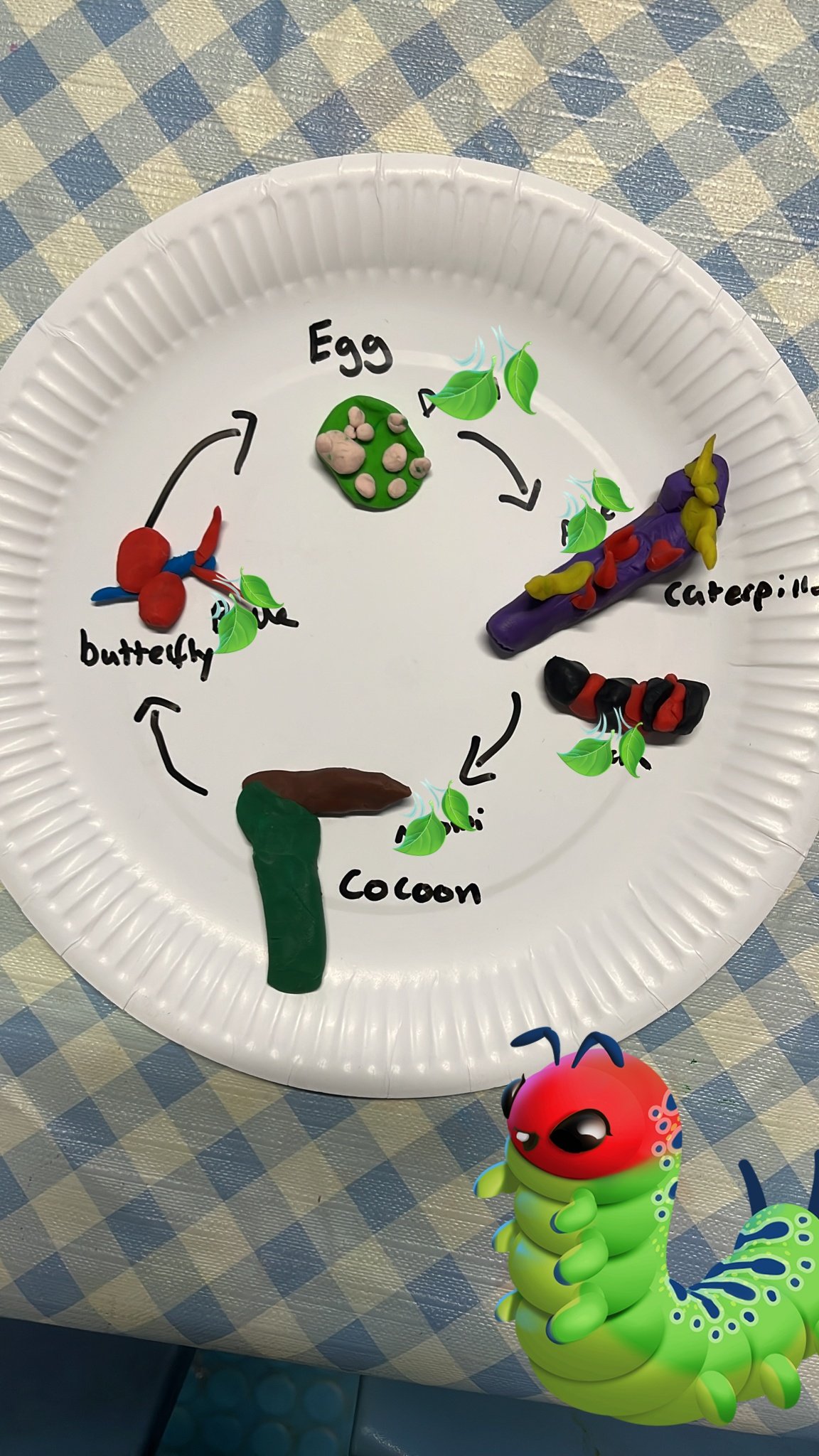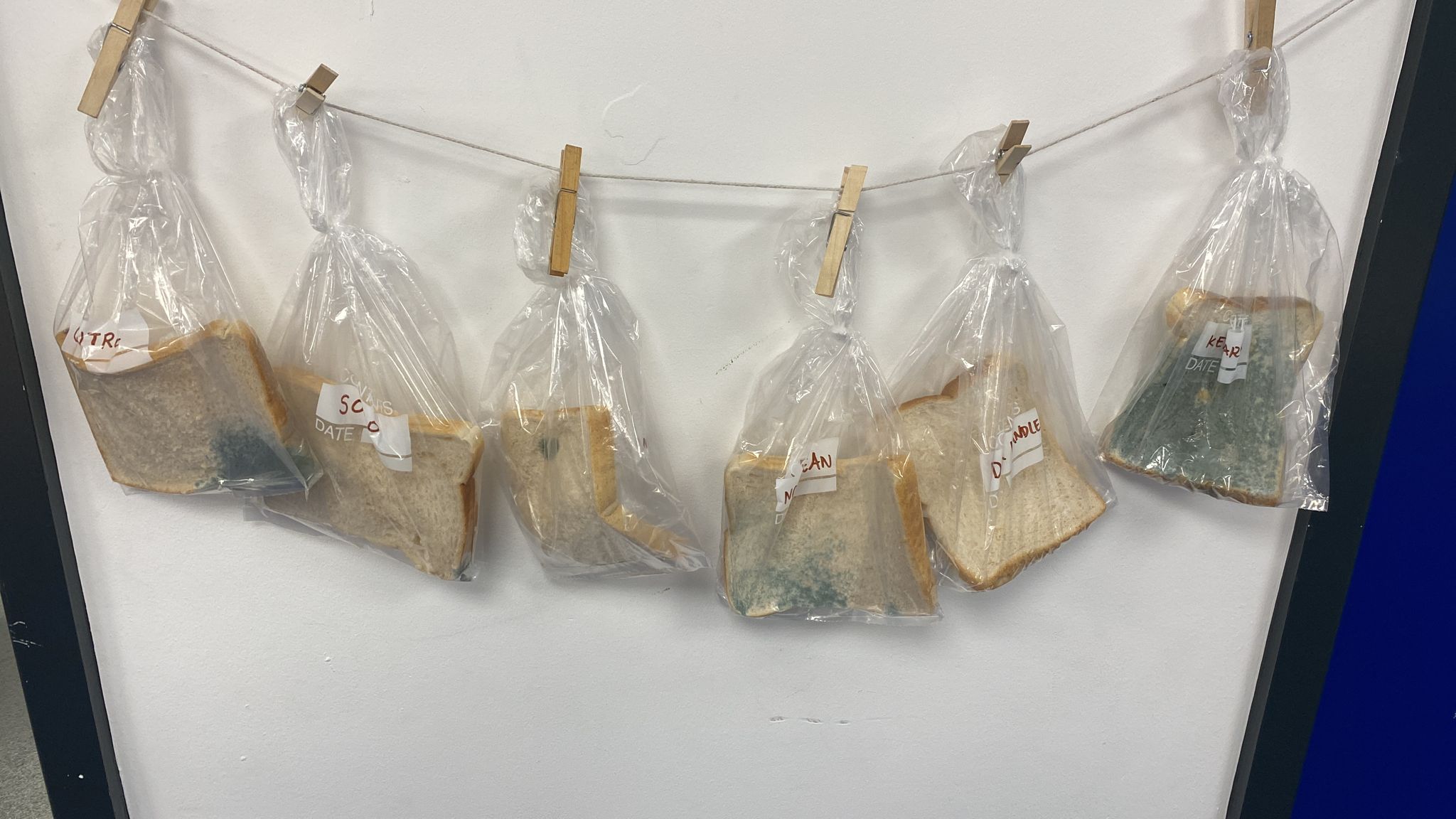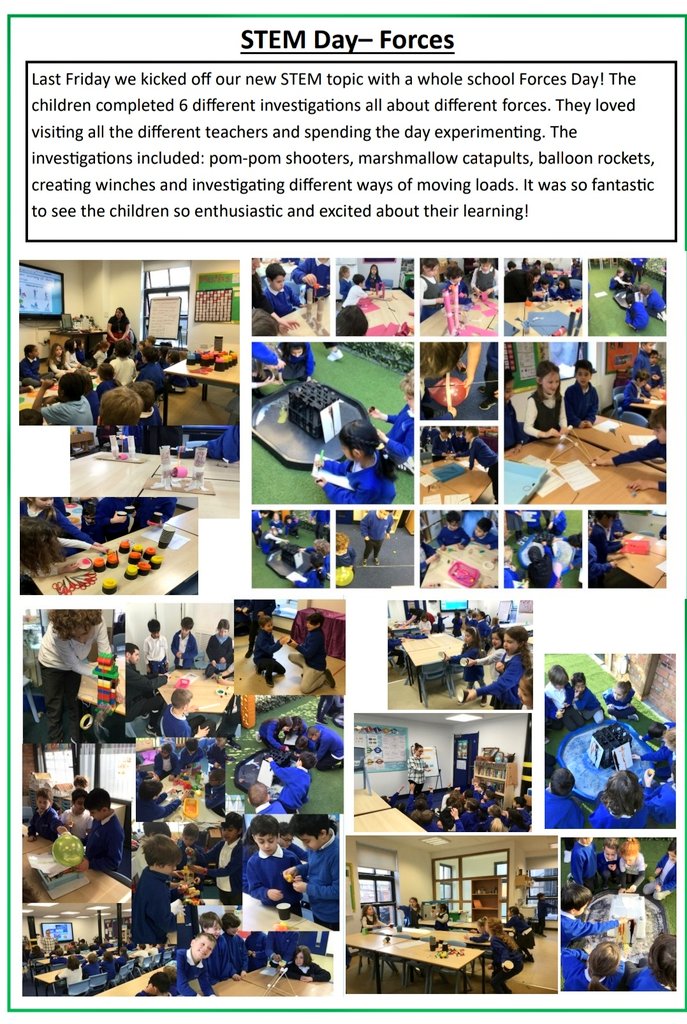Science

"Science is a mixture of learning important facts and fun activities." - Year 6 pupil.
Science Day at Abacus
Intent
Children at Abacus are scientists!
At Abacus, we recognise the importance of science in every aspect of daily life. As one of the core subjects, we give the teaching and learning of science the prominence it deserves.
Our intent is to give every child a broad and balanced science curriculum which enables them to confidently explore and discover what is around them, so they have a deeper understanding and respect for the world we live in. We want our children to love science and remember their science lessons in our school. To achieve this, we deliver exciting, practical hands-on experiences to encourage curiosity and questioning. Our aim is that these stimulating and challenging experiences help every child secure and extend their scientific knowledge and vocabulary, as well as promote a love and thirst for learning in science.

At Abacus, we have a coherently planned and sequenced curriculum which has been carefully designed and developed with the need of every child at the centre of what we do. Our aim is to equip our children with not only the minimum statutory requirements of the science national curriculum but to prepare them for the opportunities, responsibilities and experiences of later life.
Our curriculum is enriched through whole school science days, STEM topics, dedicated learning of influential scientists, trips and workshops.
Implementation
Science is taught weekly in all class from reception to year six. Science is split into 6 units across the year, one of which is taught through a STEM topic. Each year group builds on prior learning therefore developing depth of understanding and progression of skills.
Working scientifically skills are embedded into lessons to ensure these skills are being developed throughout the children’s school career and new vocabulary and challenging concepts are introduced through direct teaching. This is developed through the years, in-keeping with the topics.
Through a well-structured science curriculum; children develop the ability to think independently and question, develop a range of practical skills, explain what they observe both verbally and written, participate in fieldwork and develop a passion for past, present and future technologies.

Impact
Assessment
Children's development of science is tracked through discussions around key questions and through articulating their observations and scientific thinking. A clear sequence of learning builds within each unit and from previous units and in most units there is a key experiment or outcome or a series of experiments that build understanding. Staff use teacher judgement, children's outcomes and an evaluation grid to track children's development in science. Subject leads use this information to support and inform and adapt where necessary. Outcomes are recorded in floor books, science books and in physical outcomes/ experiments displayed in the classroom and throughout the school.
THRIVE-ing in Science
"I love our science characters that help us to remember the skills." - Year 2 pupil.
"Sometimes we learn rhymes to help us remember, like ‘MRS GREN’ tells us whether something is a living thing." - Year 3 pupil.
"We have visuals to help us to remember new definitions in science." - Year 4 pupil.
"Doing experiments is my favourite thing in science." - Year 5 pupil.
"Science is a mixture of learning important facts and fun activities." - Year 6 pupil.
"We keep our science investigations updated on our board, so we can keep up to date with the progress." - Year 6 pupil.
EYFS
Children in reception investigate science through the specific area "Understanding the World".
Through focus groups, and free-play activities in the learning environment, children learn about the world around them. They are taught to use their senses to investigate nature, their hands to discover how materials are different and investigate questions they want to find the answers to. Children learn about how the seasons change and what they will notice at the Heath each time we visit. Children talk about and explore the world around them and make comparisons between different places. Children sort animals by habitat and talk about the lifecycle of familiar animals.
Examples of Science in EYFS:
- virtual and in person farm/ zoo visits
- sorting animals by habitat or features
- exploring floating and sinking
- mixing materials
- comparing the mass and of objects
- sorting leaves by colour on the heath
- creating seasons trees
- asking questions about what they notice around them
- creating mini-habitats for creatures on the Heath
- caring for living things
- eating healthy









